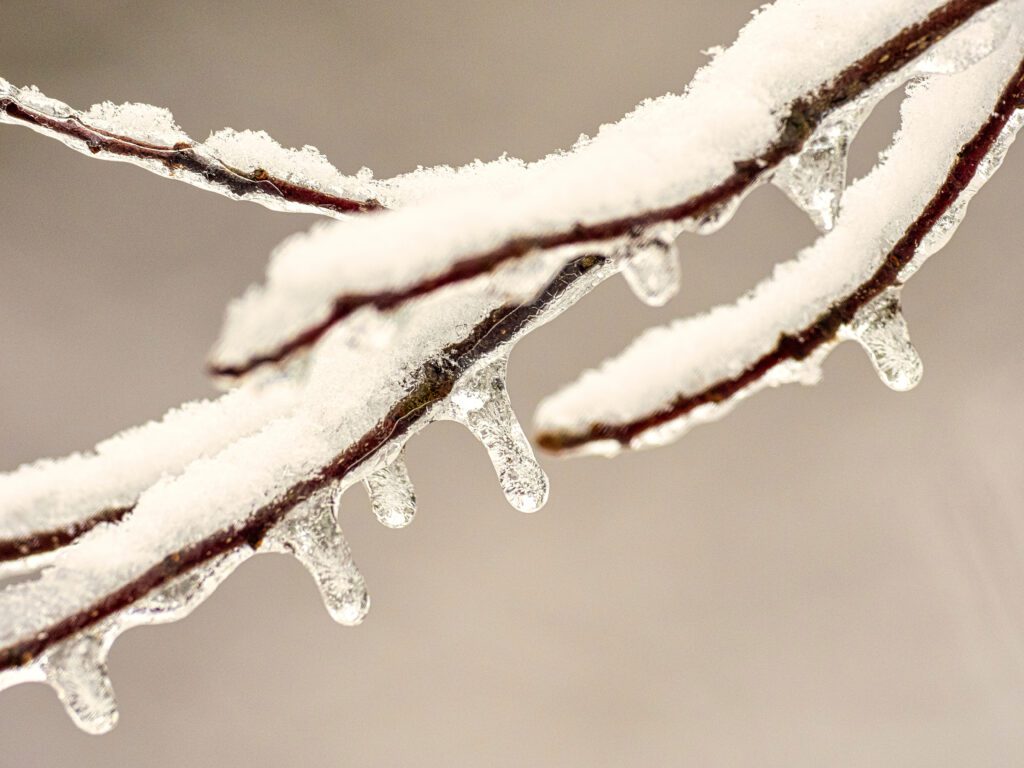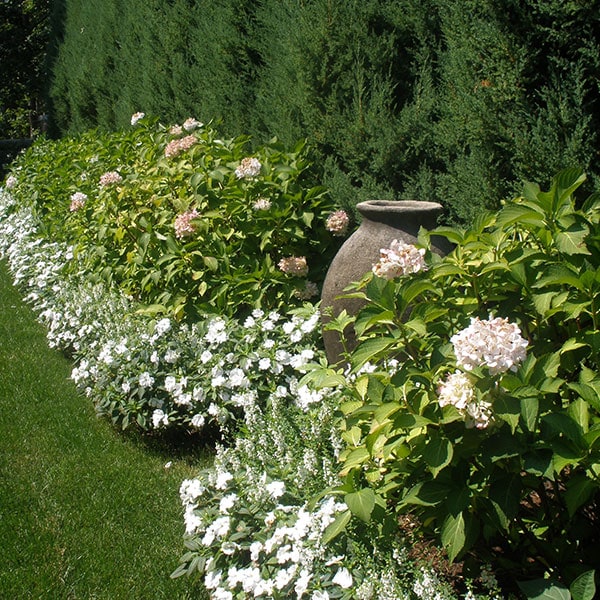A note from Piscataqua Landscaping’s Plant Healthcare Manager & ISA Certified Arborist, Chris Kemp.
June 2023
As most of you may have noticed, Mother Nature was not kind to our plants this year. The winter was harsher than we have seen in the past. You are probably seeing an enormous amount of dead plants and/or struggling plants. Especially perennials and those plants that are woody.
There are three contributing factors that caused this problem:
- The entire winter went through warm/cold cycles with little or no snow at times. Plants require a dormant season with an insulating layer of snow which protects the roots. Without this insulating layer of snow, roots and buds can get damaged by the cold and desiccating winds resulting in dieback or complete plant failure.
- The cold snap in February. Negative double digits, not including the windchill, combined with no snow was the leading factor for our plant issues. Plants can tolerate cold, but without the snow cover for root protection, the cold and wind had devastating effects on plants.
- April’s warm-up followed by killing frosts. The few days in April where the temperatures reached the mid 70Fs allowed many plants to start growing. New succulent growth emerged only to be subjected to cold temperatures at night. In some cases, the new growth had not hardened-off enough to survive the impacts of the below freezing temperatures. This new growth wilted and is now beginning to turn brown. Plants will survive this as new growth will eventually emerge.
Some of the plants that we are seeing that were affected by the winter weather are roses, Japanese holly, boxwood, Japanese maples, flowering cherry (especially weeping varieties), dogwood, nepeta (catnip), and butterfly bushes, to name a few.
As you look at your yards, you’re probably wondering what to do next. With most plants that were affected, we are telling our clients to be patient to see what new growth will emerge before discussing replacement plantings. Fertilization is helpful but it is not a “silver bullet” for recovery. If you have not had the plant health of your effected plants and trees assessed by a professional, we do suggest contacting us to make an assessment on the health of your plants and trees so they can help make a plan for the future.
Chris has been involved in tree care for over 30 years. He is a Certified Arborist in New Hampshire, a Licensed Arborist in Maine, is certified by the International Society of Arboriculture (ISA), and has a Tree Risk Assessment Qualification (TRAQ). He has a Masters Degree in Urban Forestry and Bachelor’s degrees in Horticulture and Economics. He is a member of the Tree Care Industry Association (TCIA), the American Society of Consulting Arborists (ASCA) and the Maine and New Hampshire Arborist Associations (MAA and NHAA). Although he is licensed to use pesticides in New Hampshire and Maine, he uses many alternative controls to improve plant health. When not tending to trees, you can find him in his garden, surfing or spending time with his family.






